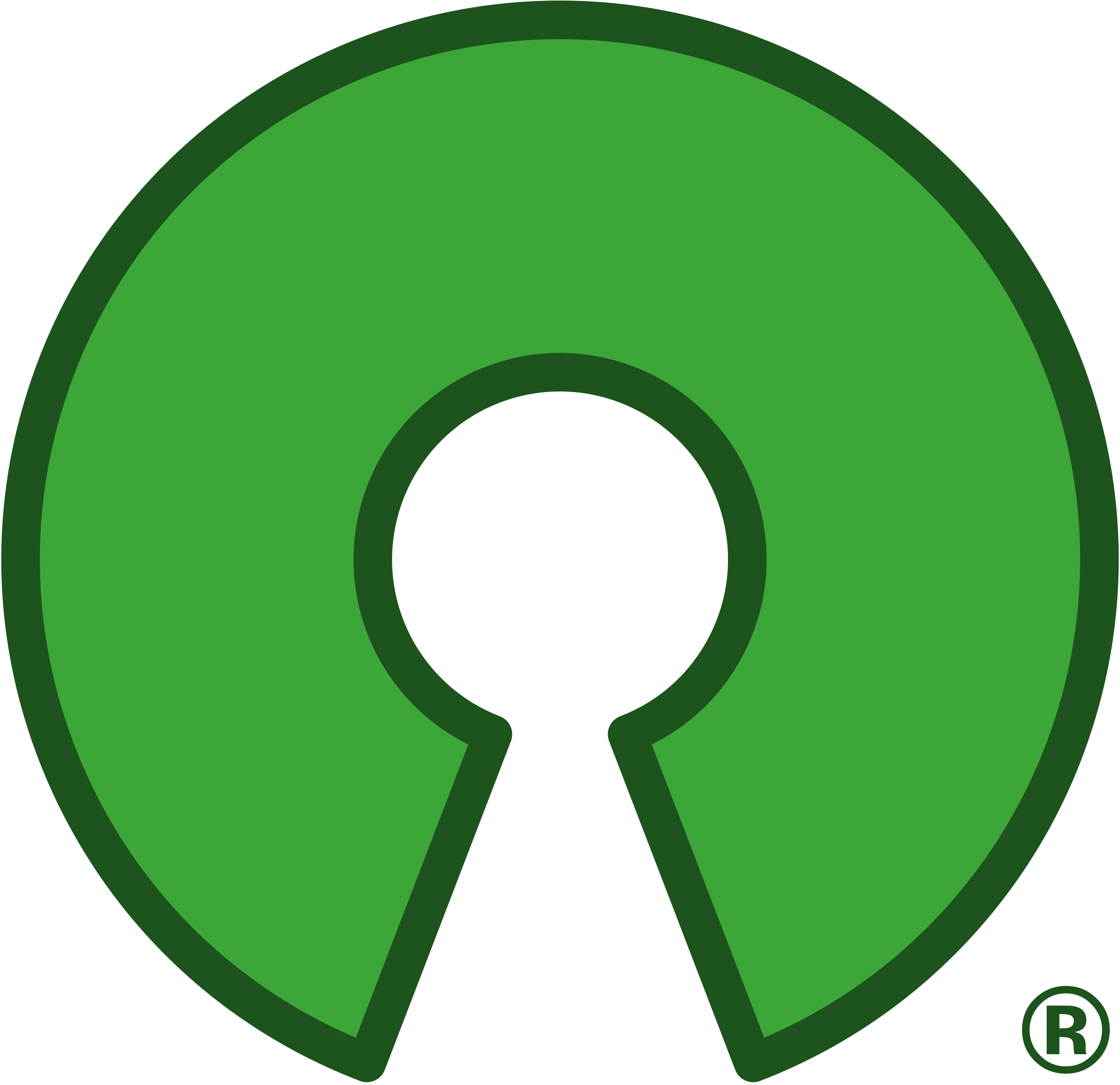

It’s a fair point, but I don’t think I’m worthy, hence why I asked. Lol
i’m on beehaw and they don’t just create communities, hence why I asked here. Seems like I’m getting a number if uovotes, so not sure if others are interested in my question or woukd like to see folks posting when they go live here. Any and all thoughts are appreciated.
Obviously wondering mod and communities thoughts as well. This is all of our space imo.









This is an amazing article for folks interested in the low level IPC dbus. systemd, network manager, and or applications are leveraging dbus and with the new dbusbroker I expect more and more applications leverage it. It’s MASSIVELY confusing at first, but this is such a great article I hope it helps anyone interested in thr low level communications of userspace level linux applications.